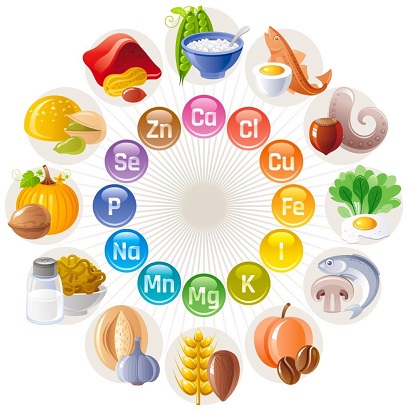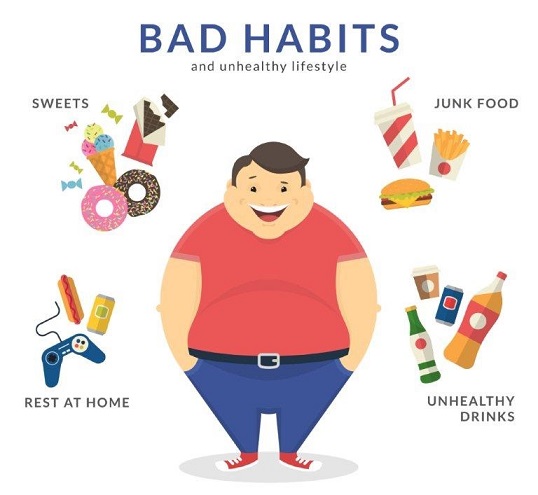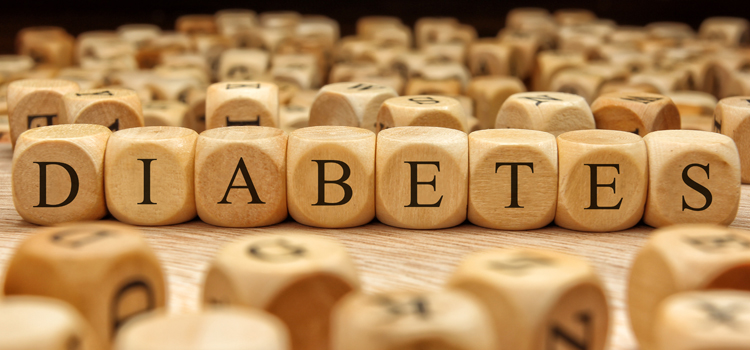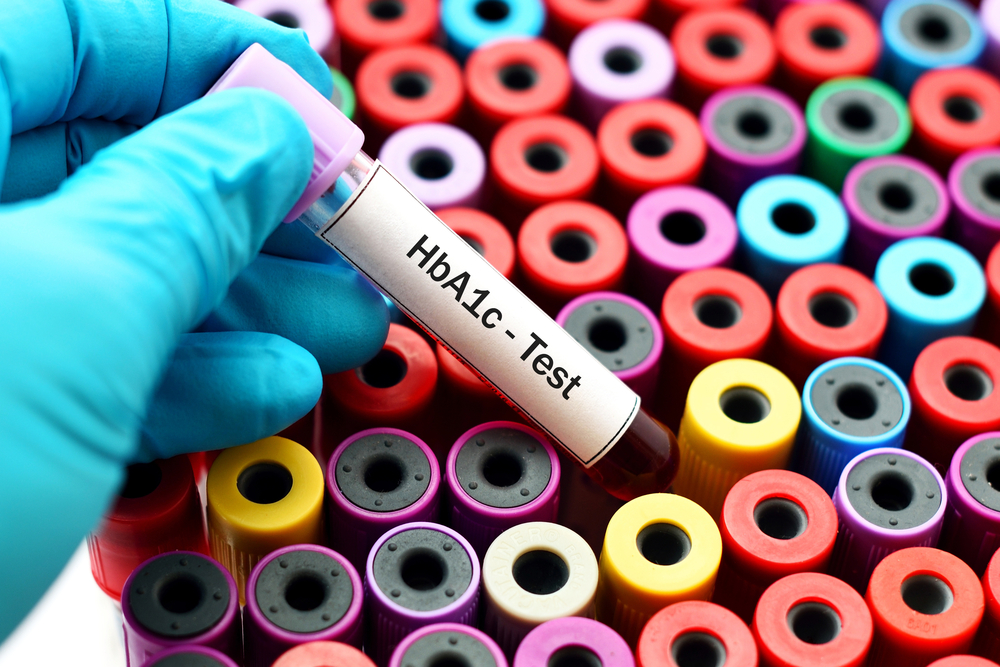What is Hyperglycemia?

Hyperglycemia refers to higher-than-normal levels of glucose in the blood. It’s a common issue for people with diabetes and can pose serious health risks if not managed properly. Understanding this condition can empower individuals to take charge of their health to prevent adverse effects.
This blog will explore the causes, symptoms, and management strategies for hyperglycemia.
What is hyperglycemia?
Hyperglycemia’s definition stems from the Greek roots “hyper,” meaning high, and “glykys,” meaning sweet, which is a medical term that denotes an excess of glucose in the bloodstream. Glucose enters the bloodstream from the food. Insulin manages the glucose level in the blood, facilitating its absorption into cells for energy production. However, in hyperglycemia, the body either produces insufficient insulin or becomes resistant, leading to a buildup of sugar in the bloodstream. It can also lead to hyperglycemic attacks.
A hyperglycemic attack, also known as diabetic hyperglycemic hyperosmolar syndrome (HHS), is a life-threatening complication primarily associated with uncontrolled diabetes. This condition is a result of extremely high blood sugar levels, often exceeding 600 mg/dL, and a state of severe dehydration.
What are the causes of hyperglycemia?
Some common causes of hyperglycemia are:
- Diabetes: Diabetes may lead to hyperglycemia. In type 1 diabetes, the body does not produce adequate insulin, while in type 2 diabetes, the body does not use insulin effectively.
- Medications: Certain medications can cause blood sugar levels to rise.
- Stress: Physiological stress responses, including those triggered by illness, injury, or surgery, can elevate blood sugar levels.
- Diet: Consuming high-carbohydrate foods or sugary beverages can spike blood sugar levels.
- Inactivity: Lack of physical activity or exercise can contribute to insulin resistance, increasing blood sugar levels.
What are the risk factors for hyperglycemia?
While hyperglycemia levels can affect anyone, certain factors may increase an individual’s susceptibility to this condition, such as:
- Diabetes: Individuals with diabetes, particularly those with poorly managed blood sugar levels, are at a higher risk of experiencing hyperglycemia.
- Sedentary Lifestyle: Lack of physical activity can cause insulin resistance and, subsequently, elevated blood sugar levels.
- Poor Diet: Consuming excessive refined sugars, carbohydrates, and processed food items can shoot blood sugar levels.
- Obesity: Excess body weight, especially around the abdominal region, can increase the risk of developing insulin resistance and hyperglycemia.
- Certain Medications: Some medications, such as corticosteroids and antipsychotics, can interfere with insulin function and contribute to hyperglycemia.
What are the symptoms of hyperglycemia?
Identifying hyperglycemia symptoms is crucial for timely intervention and management. Common symptoms include:
- Increased thirst and frequent urination
- Fatigue and weakness
- Blurred vision
- Headaches
- Slow-healing wounds
- Recurring infections, such as urinary tract infections
- Nausea and vomiting
How is hyperglycemia diagnosed?
Hyperglycemia treatment starts with a diagnosis that involves blood tests to measure glucose levels in the bloodstream. Doctors perform the following tests:
- Fasting Blood Sugar Test: This test measures blood sugar levels after an individual has fasted for at least eight hours.
- Random Blood Sugar Test: This test involves checking blood sugar levels at any time of the day, regardless of the last meal.
- Oral Glucose Tolerance Test (OGTT): This test is commonly used to diagnose gestational diabetes by measuring blood sugar levels before and after consuming a glucose-rich beverage.
What is the management of hyperglycemia?
Effectively managing hyperglycemia is crucial to preventing complications and promoting overall well-being. Some essential strategies for managing hyperglycemia include the following:
- Medication Adherence: For individuals with diabetes, adhering to prescribed medications for hyperglycemia treatment is essential for controlling blood sugar levels.
- Dietary Modifications: Adopting a balanced diet that focuses on whole grains, lean proteins, and high-fibre foods while limiting the intake of sugary and processed foods helps regulate blood sugar levels.
- Regular Exercise: Engaging in regular physical exercise improves insulin sensitivity and aid in the management of blood sugar levels.
- Stress Management: Stress-reduction techniques, such as meditation, yoga, or deep breathing exercises, can help stabilise blood sugar levels.
- Regular Monitoring: Monitoring blood sugar levels regularly, as advised by healthcare professionals, can help individuals stay aware of their condition and make necessary adjustments to their lifestyle and medication.
By adopting a holistic approach like consulting a doctor, lifestyle modifications, medication adherence, and regular testing, individuals can manage their blood glucose levels and lower the risk of complications associated with hyperglycemia. With the support of reliable diagnostic centres like Dr Lal PathLabs, individuals can effectively monitor their blood sugar levels and take charge of their overall well-being.
FAQs
- What are the three signs of hyperglycemia?
Three common signs of hyperglycemia, or high blood sugar, include increased thirst, frequent urination, and fatigue. These symptoms occur as the body attempts to manage and expel excess glucose.
- Why does hyperglycemia occur?
Hyperglycemia occurs when the body has insufficient insulin or cannot use insulin effectively, leading to blood glucose buildup. This can happen due to factors like diabetes, medication, diet, or lack of exercise.














